International Partners
WORCK includes a number of international scholars as Management Committee Observers. MC Observers act as trainers at WORCK Training Schools and as invited speakers for WORCK Conferences and may host WORCK members for a Short Term Scientific Mission at their home institution.
List of MC Observers
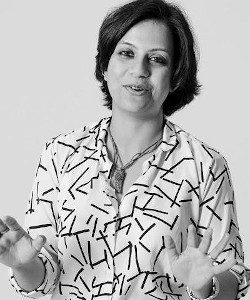
Supurna Banerjee
Institute of Development Studies Kolkata, India
Labour, gender, migration, intersectionality, cities
WG 4
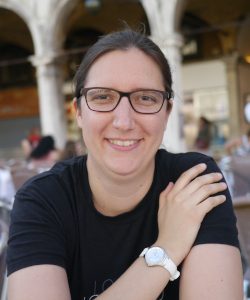
Hannah Barker
Arizona State University, United States of America
Medieval history, slave trade in the Black Sea and the Mediterranean
WG 4 – WG 1
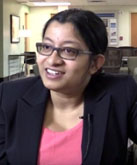
Titas Chakraborty
Kunshan University, China
Work and society in East India Company settlements

Claudio Costa Pinheiro
Rio de Janeiro University, Brazil
Anthropology, slavery, early modern India
WG 1 – Public Outreach
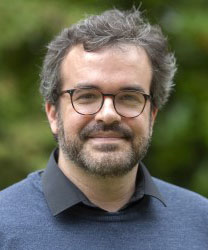
Paulo Cruz Terra
Niteroi University, Brazil
Class, race and work in 19th century Brazil
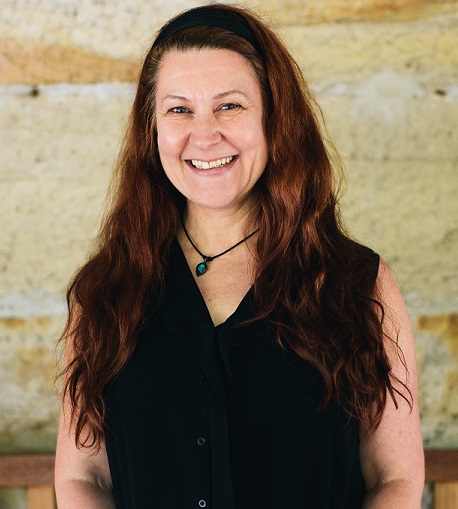
Christine de Matos
The University of Notre Dame Australia
Labour and power under military occupation, creative and digital histories
WG 4
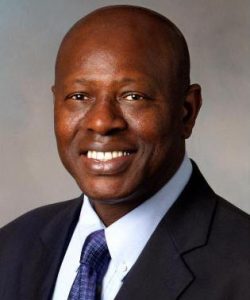
Babacar Fall
University Cheikh Anta Diop of Dakar, Senegal
Social history of political activists, history of unions in 20th century Senegal
WG 3
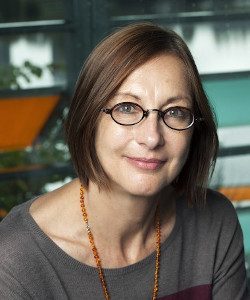
Judy Fudge
McMaster University Hamilton, Canada
Labour law, precarious work, citizenship at work, feminist approaches to labour law
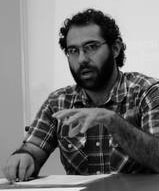
Uiran Gebara da Silva
Pernambuco University, Brazil
Ancient history, slavery in Roman society
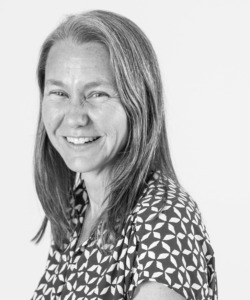
Bridget Kenny
University of the Witwatersrand, South Africa
Service work, Retail, Race & Gender, South Africa
WG 4
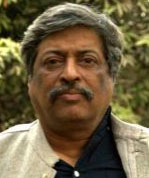
Prabhu Mohapatra
Delhi University, India
Labour relations in colonial India, indentured labour, global migration and work

Seth Rockman
Brown University, USA
Atlantic slavery, global labour history, capitalism, material culture, US history
WG 2 – Think Tank
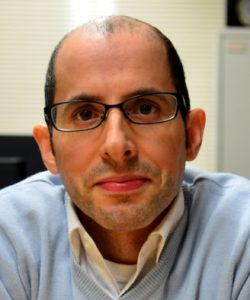
Lucio de Sousa
Tokyo University of Foreign Studies, Japan
Japanese, Korean and Chinese slave trade and migrations in the Early Modern Period
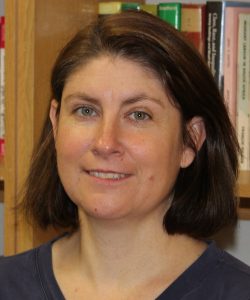
Nicole Ulrich
Rhodes University Makhanda, South Africa
Power and colonial rule in early modern South Africa, labouring poor, social protest
WG 4 – WG 3